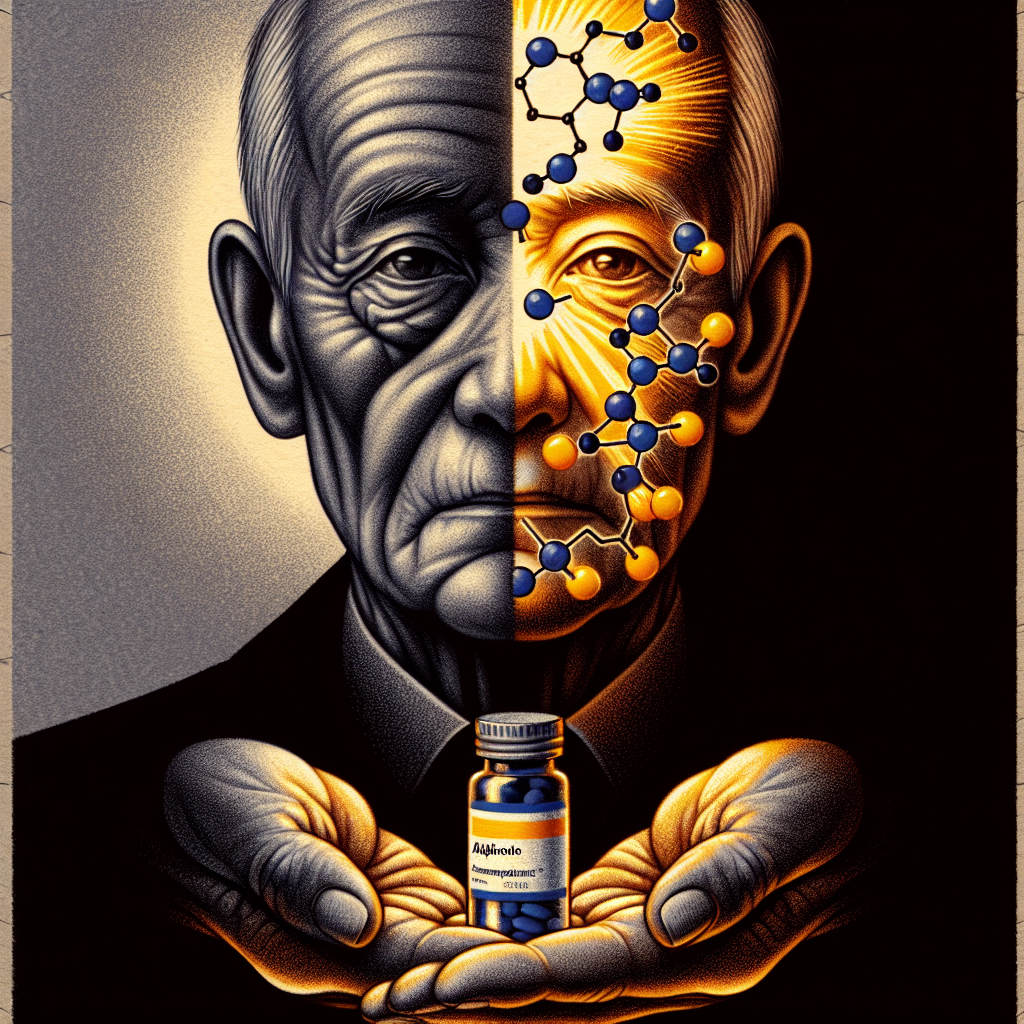Among 5 different alternatives for dealing with treatment-resistant depression in the elderly, the pragmatic OPTIMUM, sponsored by a patient association, found the greatest improvement and numerically highest rate of remission after 10 weeks with the addition of aripiprazole, reports the New England Journal of Medicine.
Background
In older adults with treatment-resistant depression, the question arises as to whether switching or supplementing the antidepressant is more likely to be successful.This question has not yet been studied in detail, write the authors of the current study.
Design
OPTIMUM was a pragmatic, two-stage, open-label study with an initial 619 elderly (60 ) people with treatment-resistant depression, including 68.2% women. They were assigned to one of 3 groups:
a) supplementation of antidepressant medication with aripiprazole,
b) supplementation with bupropion, or
c) switch to bupropion.
In the second step, 248 patients who did not improve in the first stage were either augmented with lithium or
d) augmented with lithium or
e) switched to nortriptyline.
Both study sections lasted about 10 weeks each. The primary study objective was to change from baseline on the NIH Health Toolbox’s “Positive Aspect and Overall Life Satisfaction” subscale (population average is 50, higher scores mean greater well-being). Only at 2nd place remissions were measured.
Results
- In Part 1 of the study, the condition in the 3 groups improved by a) 4.83 b) 4.33 c) 2.04 points.
- Statistically significant with 2.79 points was only the difference between a) aripiprazole augmentation and c), the switch to bupropion (95% confidence interval 0.56 – 5.02; P = 0.014).
- Remissions were seen in 28.9% of patients following the addition of aripiprazole, 28.2% after additional bupropion, and 19.3% after switching to bupropion.
- There was an increased fall rate under b) bupropion augmentation (0.55 / patient) compared to the other two options (0.33 with aripiprazole and 0.38 with conversion to bupropion).
- Im 2.Part of the study, the condition improved by 3.17 points under d) additional lithium, and after e) conversion to nortriptyline by 2.18 points. The difference of 2.18 points had a 95% CI of – 1.92 to 3.91 and was not statistically significant. Here, the remission rates were similar with d) 18.9 and e) 21.5%, as was the frequency of falls.
Clinical significance
Among the 5 options evaluated in this study in elderly patients with treatment-resistant depression, supplementing aripiprazole at 10 weeks was associated with greater improvement and numerically higher rate of remissions than switching to bupropion. For patients who do not respond to either option, the addition of lithium and a switch to nortriptyline are equivalent options.
Funding: Patient-Centered Outcomes Research Institute.
This full text is unfortunately reserved for medical professionals
You have reached the maximum number of articles for unregistered visitors
Source – https://www.univadis.de/viewarticle/altersdepression-antipsychotikum-aripiprazol-k%25C3%25B6nnte-2023a10005e6

